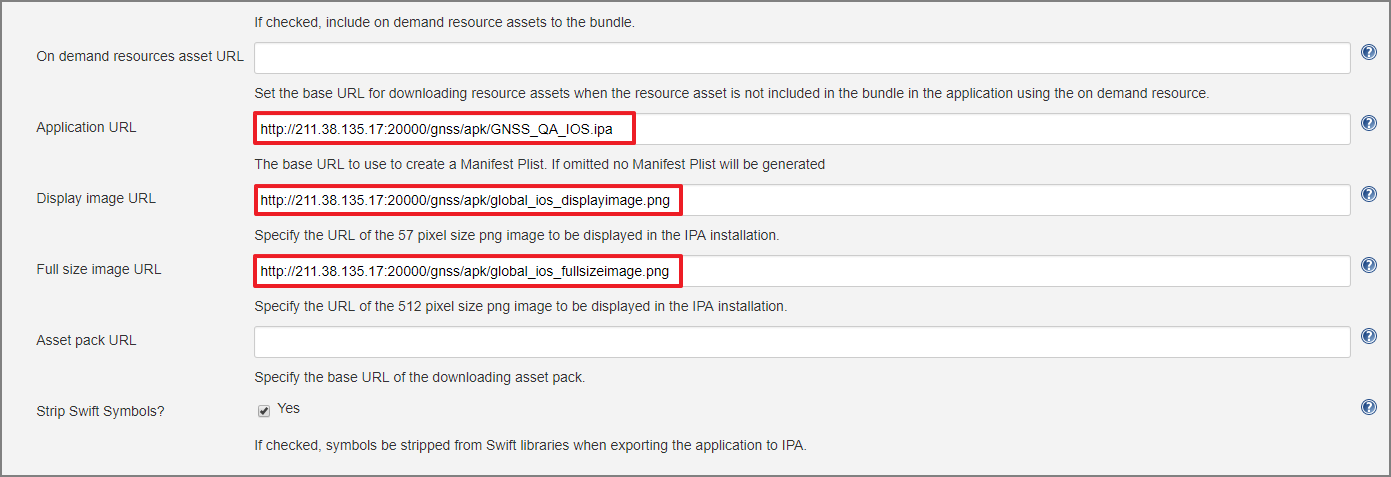
Installing an Accelerator via the Installer Your Unity project must use version 2019.3 or higher of the Unity Engine. As such, Unity recommends restricting that machine so that only an Organization Owner or Manager can access and interact with the Accelerator.
Anyone with access to the host machine has access to your project’s files, regardless of permission structures within your Unity Organization. The local host must be attached to the same network as your team, or locally routable with appropriate firewall policies that allow access to the Accelerator’s IP address and port (TCP). The minimum should be 2GB of RAM, but if more memory is available it will be used by the operating system to buffer cached items, resulting in higher performance for commonly accessed items. The local host should have as much memory as is reasonably affordable. The local host must have sufficient local storage space to host most of your project’s files, preferably on a solid-state drive separate from the drive that hosts your operating system. Windows Server 2008R2 / Windows 7 or higher (64bit). Linux (Ubuntu 16.04, Ubuntu 18.04, or CentOS 7)įor Linux you must install Acccelerator as a root user. The local host must run one of the following operating systems:. When selecting a host, consider the following requirements: You must have a machine running on your local network that can host an Accelerator. Install an Accelerator on each network your team regularly works on. Stopping and restarting the Accelerator service. Installing an Accelerator via Docker Hub. Installing an Accelerator via the Installer. The Accelerator keeps temporary copies of these assets to avoid wasting time and bandwidth retrieving or reimporting them. When you install an Accelerator on your local network, the Unity Editor (version 2019.3 or higher see Unity Editor requirements below) communicates with it to store and retrieve assets that other team members need, have changed, or built. 
This is done via the Asset Import Pipeline v2 Unity Editor capabilities. An Accelerator coordinates asset sharing when your team is working on the same local network so that you don’t need to reimport portions of your project. The goal of the accelerator is to help teams reduce iteration time. The Unity Accelerator is a caching proxy agent that keeps copies of a team’s imported assets to speed up teamwork.





 0 kommentar(er)
0 kommentar(er)
